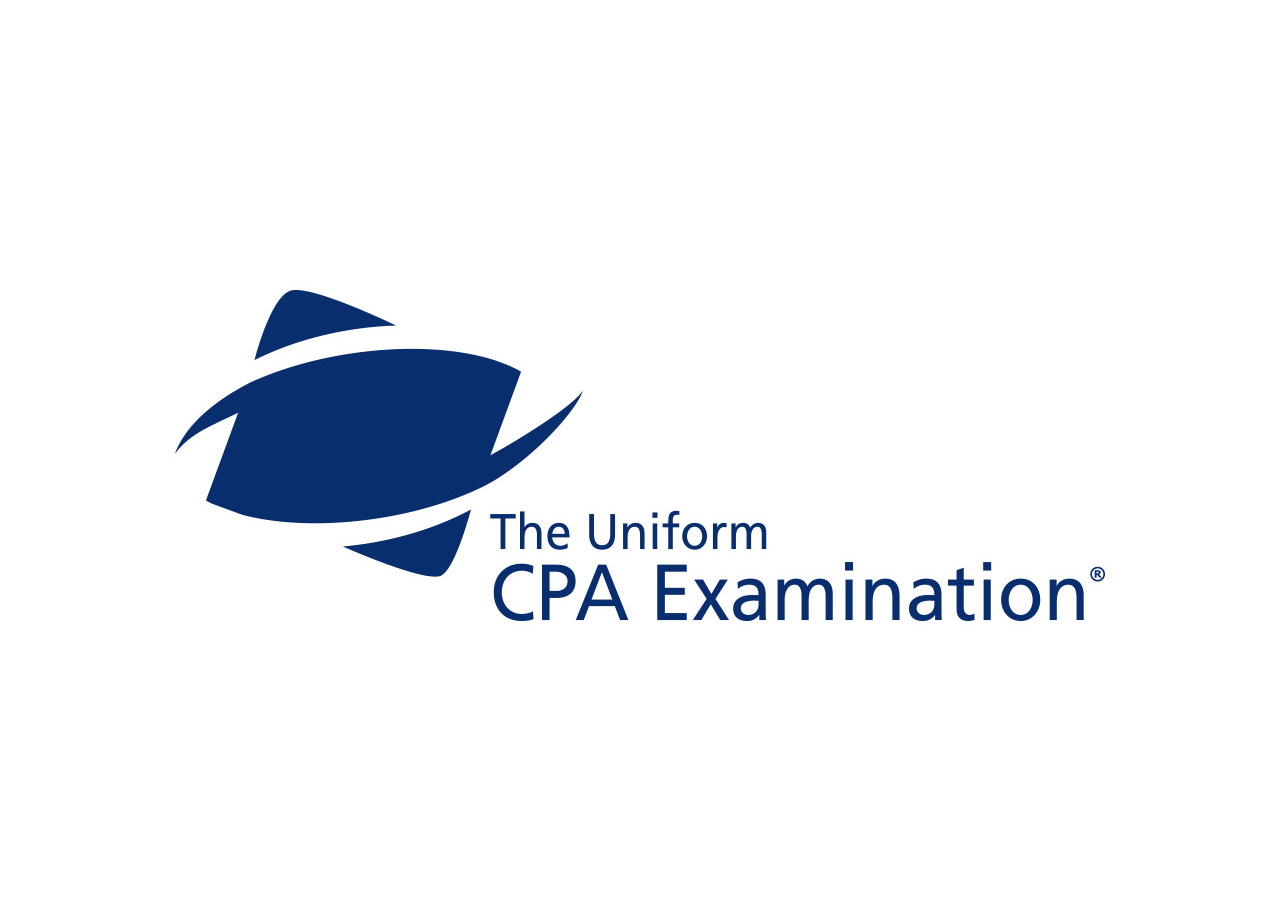Accounting
Changes in 2024 CPA Exam Put Technology Front and Center
There will be a new infrastructure, new discipline sections, and a greater emphasis on technology throughout.
Mar. 07, 2023

By Gail Cole.
The Uniform Certified Public Accountant Examination (CPA Exam) is regularly updated to reflect enhancements to accounting and auditing standards as well as tax laws and regulations — and to improve the efficiency of the exam. The next update goes into effect January 1, 2024, and places new emphasis on the role of emerging technology in delivering accounting services.
Here’s what you need to know.

Thanks for reading CPA Practice Advisor!
Subscribe for free to get personalized daily content, newsletters, continuing education, podcasts, whitepapers and more...
Already registered? Login
Need more information? Read the FAQ's
What are the 2024 CPA Exam changes?
CPA Exam changes are often minimal, and the structure of the exam usually stays the same from year to year. However, the updates scheduled for the 2024 CPA Exam will be significant. There will be a new infrastructure, new discipline sections, and a greater emphasis on technology throughout.
New infrastructure
Starting January 1, 2024, there will be several changes to the infrastructure of the CPA Exam. These include:
- A new way of assessing research and related critical thinking skills will be introduced
- A new JavaScript-based spreadsheet will replace the Excel spreadsheet
- The written communication task (essay question) will be eliminated
- Multistage adaptive testing in the multiple-choice question testlets will be eliminated
New discipline sections
The 2024 CPA Exam will retain three of the four existing core sections — Auditing and Attestation (AUD), Financial Accounting and Reporting (FAR), and Regulation (REG) — and add three new Discipline Exam sections: Business Analysis and Reporting (BAR), Information Systems and Controls (ISC), and Tax Compliance and Planning (TCP).
A fourth core section, Business Environment and Concepts (BEC), will be reallocated across the three remaining core sections and the three new discipline sections.
Candidates will be required to select one of three new disciplines.
New focus on data and technology
The 2024 CPA Exam will place a new emphasis on testing data and technology concepts across all core sections and new disciplines. These include, but aren’t limited to:
- Determining methods to transform data to make it useful for decision-making
- Verifying the completeness and accuracy of source data
- Using the outputs of automated tools, visualizations, and data analytic techniques
Among other skills, candidates will be expected to be able to use automated tools and techniques to organize, process, and structure data; test the accuracy of information; and identify significant events or transactions that may impact financial statements.
“Today’s CPAs need deeper skill sets, more competencies and greater knowledge of emerging technologies and their impact on tax, accounting and audit,” explains the AICPA in unveiling blueprints for the 2024 CPA Exam. “The CPA Exam has evolved to align with a digital-driven marketplace, and that means a greater emphasis on technology and analytical skills.”
Some accounting practices are starting to embrace automation technology by identifying what it would take to successfully implement it (e.g., understanding technology options and associated risks). The upcoming changes to the CPA Exam should reinforce the benefits of offering clients automation services. It also emphasizes the need for understanding technology-related risks, including business continuity and cybersecurity.
“As an accounting technologist and futurist, I’m excited to see these much-needed changes, which recognize the integral role that technology plays in the delivery of accounting services, and business operations in general,” says Donny Shimamoto, Founder and Managing Director of IntrapriseTechKnowlogies LLC. “It’s critical that accountants help drive more innovations while also ensuring that their clients and employers maintain a balanced view of their risks like cybersecurity and business continuity.”
What do the 2024 CPA Exam changes mean for accounting practices?
The AICPA and NASBA recognize that “technological innovations are changing both the services CPAs provide and how they provide them.” Thus, they’re encouraging the accounting profession to “embrace these changes to maintain its strength and support evolving business needs.”
Doing so could appeal to prospective clients and employees.
Like many industries, the accounting profession needs more qualified people. There are high rates of retirement because almost 75% of CPAs reached retirement age in 2020, and few young people are interested in replacing them. “There’s not a lot of high-school students out there who say, ‘I’m going to be an accountant,’” the Chair of the Accounting Department at the University of Texas told Business Insider. “You have to sell them.”
Modernizing the accounting licensure model could help. It would make the accounting field “more relevant for today’s skills,” and perhaps therefore more attractive to young people. Many practices are already taking advantage of new perks like remote work to attract talent. Making the most of new technology can also help accounting practices appeal to the rising generation of accountants.
How can my practice prepare for the 2024 CPA Exam updates?
What can you do to prepare your accounting practice for the new wave of accountants? Adapt. Update and strategically expand your tech stack. Show the world how dynamic and engaging and modern the accounting profession can be.
The 2024 CPA Exam updates underscore why digital transformation should be a priority for your accounting practice. The rising class of accountants will need to develop solid technical skills to pass the updated 2024 CPA Exam. Many will want to put those skills into practice and will seek out firms that will allow them to do so.
=======
Gail Cole is a Senior Writer at Avalara. She’s on a mission to uncover unusual tax facts and make complex laws and legislation more digestible for accounting and business professionals.